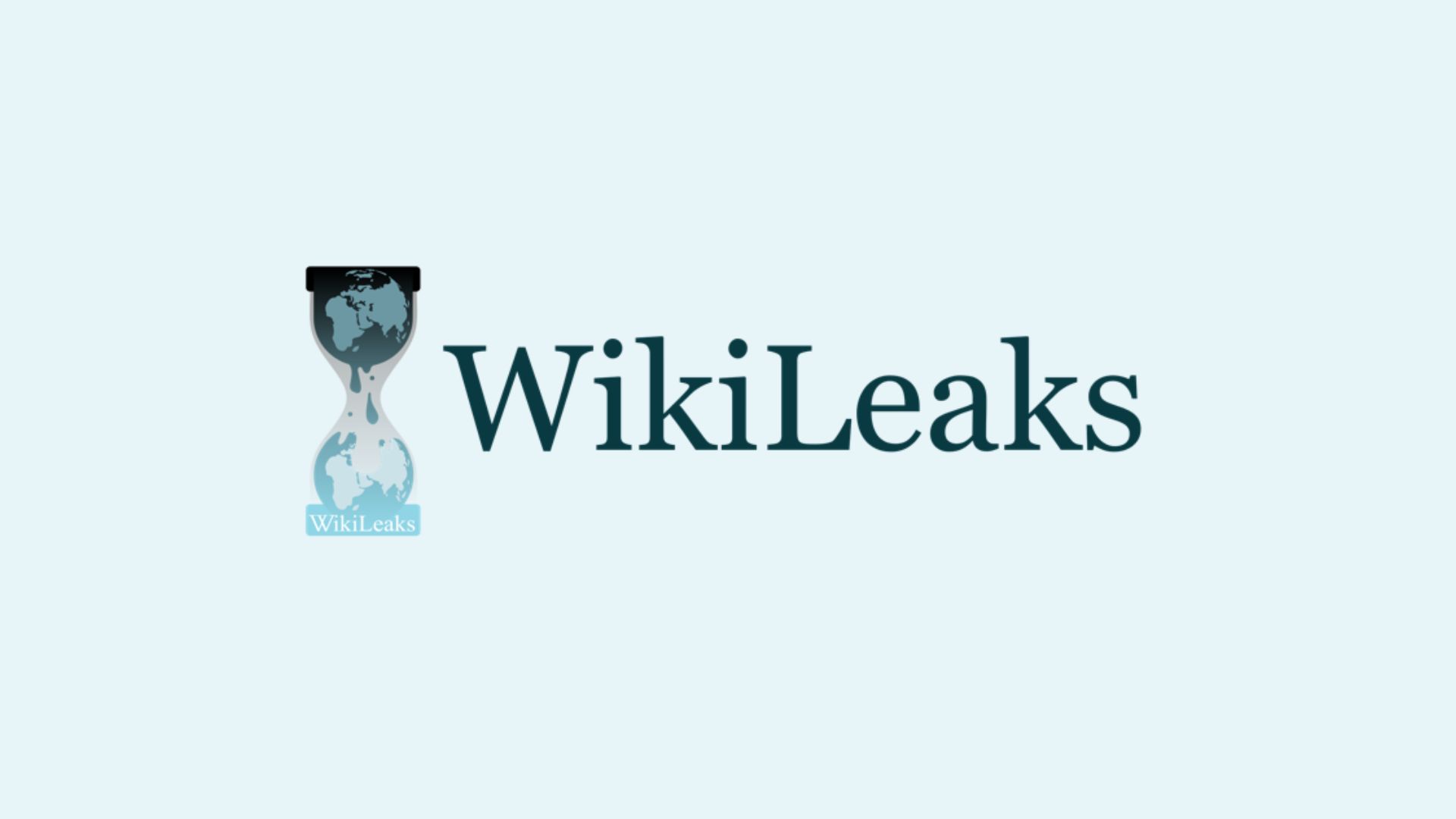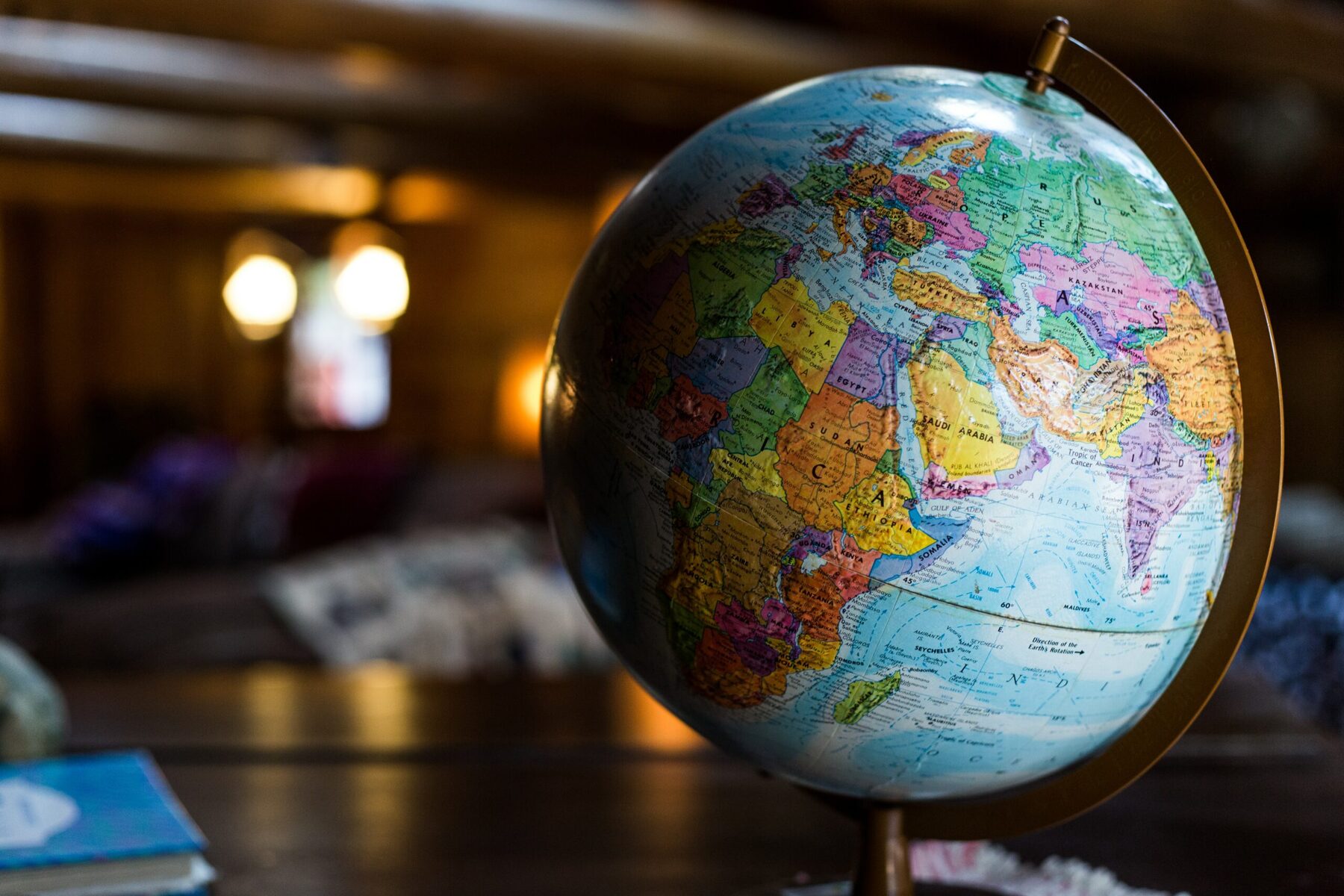
WikiLeaks has reshaped how we view confidential information, thrusting itself into the global spotlight by releasing classified data that has had profound political, social, and ethical implications. This platform, founded by Julian Assange in 2006, operates on the principle of transparency, aiming to hold governments and powerful entities accountable. With its complex history and controversial operations, WikiLeaks has sparked debates on freedom of information, privacy, and national security. In this introduction, we’ll uncover 23 intriguing facts about WikiLeaks, shedding light on its operations, impact, and the controversies that surround it. From its most notable releases to the legal battles it has faced, these facts will provide a comprehensive overview of a platform that continues to challenge the status quo and provoke discussions on the global stage.
What is WikiLeaks?
WikiLeaks, a controversial platform, has made headlines for releasing classified, secret, and otherwise restricted information. Founded in 2006 by Australian activist Julian Assange, its goal is to bring important news and information to the public, promoting transparency in governments and corporations.
- WikiLeaks launched with the principle of protecting whistleblowers, journalists, and activists by providing a secure platform for them to anonymously leak information.
Key Leaks That Shaped Public Perception
Over the years, WikiLeaks has been responsible for some of the most significant leaks in modern history, affecting political landscapes and sparking global discussions on privacy, security, and freedom of information.
- One of its first major leaks was in 2007, with the release of the Standard Operating Procedures for Camp Delta, detailing the protocol at Guantanamo Bay prison, which sparked widespread controversy over human rights abuses.
- In 2010, WikiLeaks released a video titled “Collateral Murder,” showing a US helicopter firing at what appeared to be unarmed civilians in Baghdad, Iraq. This leak brought significant attention to the platform and raised questions about military conduct and accountability.
- The same year, WikiLeaks published over 250,000 US diplomatic cables, known as Cablegate, revealing sensitive diplomatic communications and leading to diplomatic tensions for the United States worldwide.
Legal Battles and Controversies
WikiLeaks and its founder, Julian Assange, have faced numerous legal challenges and controversies, reflecting the contentious nature of the platform’s activities.
- Julian Assange has been living in asylum to avoid extradition to the United States, where he faces charges related to the Espionage Act for his role in publishing classified documents.
- WikiLeaks’ publication of the Democratic National Committee (DNC) emails in 2016 played a controversial role in the US presidential election, leading to accusations of political bias and manipulation.
Impact on Journalism and Whistleblowing
WikiLeaks’ approach to whistleblowing and journalism has sparked debates about the ethics and implications of leaking classified information.
- The platform’s model has inspired other organizations and individuals to adopt similar methods of secure leaking, significantly impacting journalism and the way sensitive information is shared.
- Critics argue that WikiLeaks’ releases have sometimes put lives at risk by exposing sensitive personal information, while supporters claim the platform has played a crucial role in fighting government secrecy and corruption.
WikiLeaks’ Global Influence
WikiLeaks has not only affected politics and journalism in the United States but has also had a global impact, influencing public opinion and policy in various countries.
- Its leaks have led to governmental investigations and reforms in countries such as Kenya, where information about corruption was exposed.
- The platform has faced censorship and blocking in several countries, including China and Russia, indicating the threat it poses to governments preferring to operate in secrecy.
- Despite legal and political challenges, WikiLeaks continues to operate, with a dedicated global following that supports its mission of promoting transparency and accountability.
- WikiLeaks’ influence extends beyond just leaks; it has become a symbol of the fight for freedom of information and the public’s right to know, challenging traditional notions of journalism and state secrecy.
- The organization has received numerous awards for its contributions to journalism and human rights, including the Amnesty International UK Media Award in 2009 for exposing extrajudicial killings in Kenya.
- WikiLeaks’ innovative use of technology for secure communication has revolutionized the way whistleblowers can share information, setting a new standard for information security in journalism.
- Despite controversies, WikiLeaks has undeniably played a significant role in shaping public discourse on important issues, demonstrating the power of information in the digital age.
- The debate over WikiLeaks’ legacy is ongoing, with opinions divided on whether it is a force for good or a threat to security and privacy.
- As technology evolves, WikiLeaks’ methods and impact may also change, but its mark on history and the global conversation about transparency and accountability is indelible.
- The future of WikiLeaks remains uncertain, especially with Julian Assange’s legal situation unresolved, but its influence on media, politics, and society will likely be felt for years to come.
- WikiLeaks’ approach has sparked a global conversation about the balance between national security and the public’s right to know, a debate that is more relevant than ever in today’s interconnected world.
- The platform’s legacy is complex, embodying the tensions between freedom and responsibility, transparency and privacy, and the individual’s right to know versus the state’s need to keep certain information confidential.
- WikiLeaks has shown that a single platform can have a profound impact on global affairs, challenging powerful institutions and reshaping public perceptions.
- Its releases have prompted discussions about the ethical responsibilities of journalists and the limits of press freedom, highlighting the challenges of reporting in the digital age.
- Ultimately, WikiLeaks has underscored the importance of whistleblowers in holding governments and corporations accountable, affirming the critical role of transparency in a democratic society.
A Final Glance at WikiLeaks
Diving into the world of WikiLeaks has been nothing short of a rollercoaster. From its inception, this platform has challenged how we view privacy, government transparency, and freedom of information. It’s clear that WikiLeaks has left an indelible mark on global politics and journalism. Whether you see it as a champion for the truth or a controversial figure stirring the pot, its impact is undeniable. As we’ve navigated through these 23 facts, it’s evident that the conversation around WikiLeaks is complex and multifaceted. It’s not just about leaked documents but about the broader implications for democracy and the digital age. So, as we move forward, let’s keep the dialogue open, understanding the power of information in shaping our world.
Was this page helpful?
Our commitment to delivering trustworthy and engaging content is at the heart of what we do. Each fact on our site is contributed by real users like you, bringing a wealth of diverse insights and information. To ensure the highest standards of accuracy and reliability, our dedicated editors meticulously review each submission. This process guarantees that the facts we share are not only fascinating but also credible. Trust in our commitment to quality and authenticity as you explore and learn with us.


